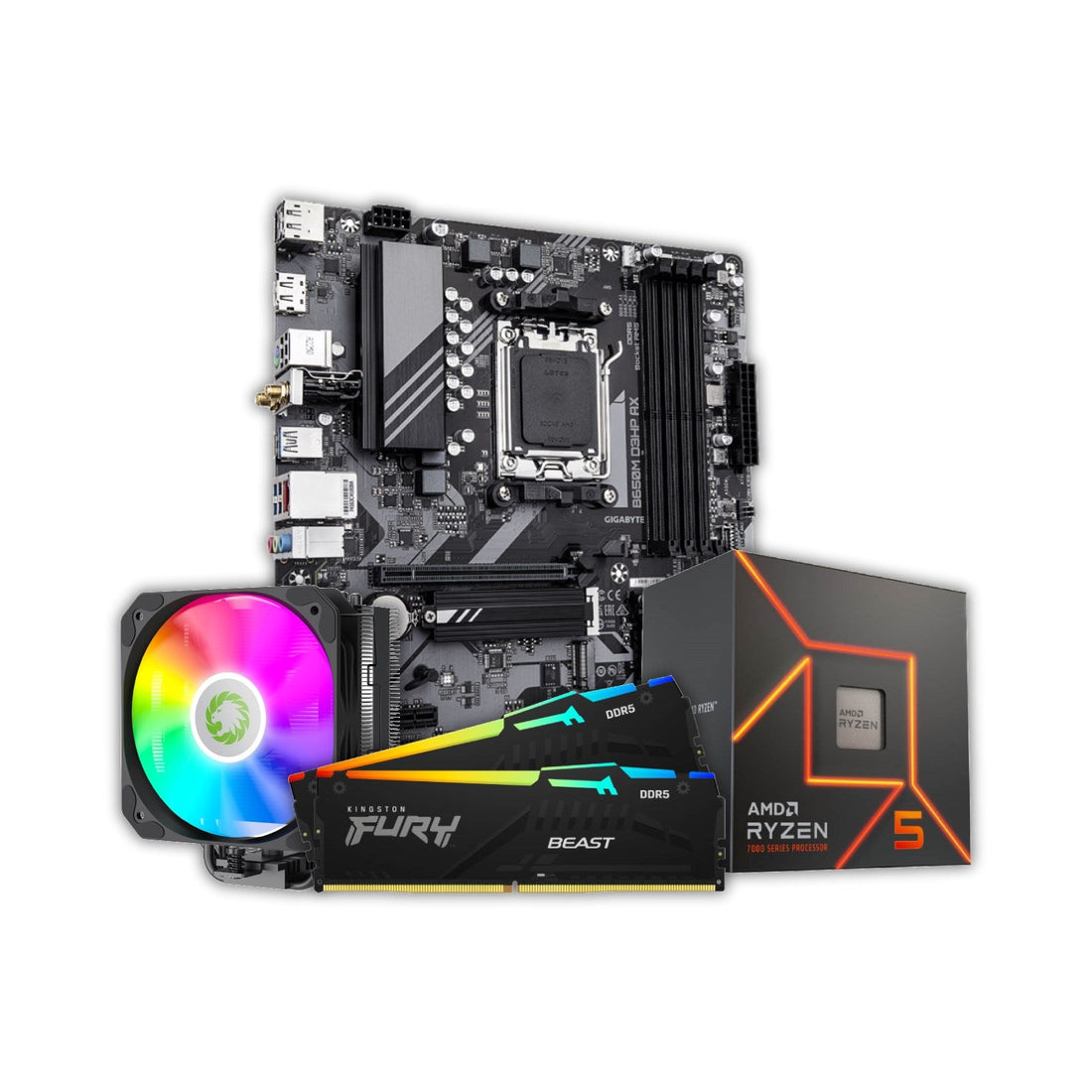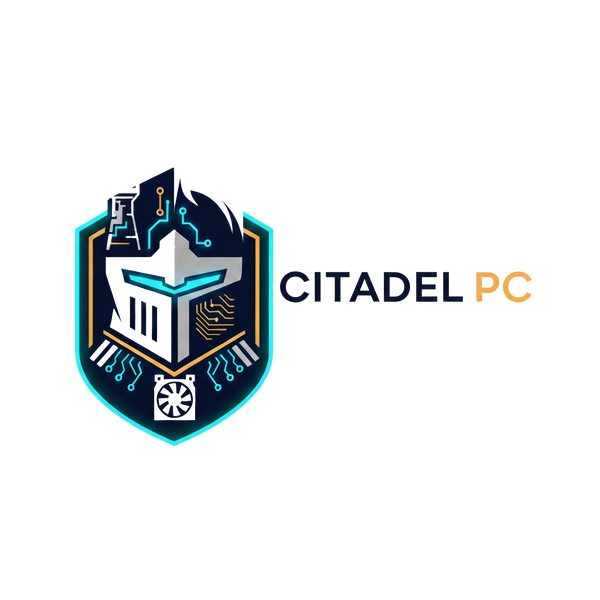
PC Parts explained
Share
Building a PC can seem intimidating, but at its heart, a computer is just a collection of parts working together. Here's a friendly breakdown of the main components and what they do.
The Brain: CPU and GPU
The CPU (Central Processing Unit) is the main brain of your computer. It handles all the general thinking—running your operating system, launching programs, and doing all the basic math. Think of it as the manager who makes sure everything else is running smoothly.
The GPU (Graphics Processing Unit) is like the creative side of the brain. While the CPU handles the logic, the GPU specializes in visuals. It's designed to do a massive amount of calculations at once, which is exactly what's needed to render games, edit videos, or display high-resolution images. If you're a gamer or a creator, this is one of the most important parts.
The Body: Motherboard and RAM
The motherboard is the body of the computer. It's a large circuit board that all the other parts plug into. It connects the CPU to the GPU, the RAM to the storage, and everything in between. It's the central nervous system that allows all the other components to communicate with each other.
RAM (Random Access Memory) is the computer's short-term memory. When you open a program or a file, the computer loads it into RAM so it can be accessed instantly. The more RAM you have, the more things your computer can handle at once without slowing down. It's like having a big, organized desk where you can keep everything you're currently working on.
The Long-Term Memory: Storage Drive
Your storage drive is where all your files live permanently. This is where your operating system, games, pictures, and documents are saved even after you turn off the computer.
- An HDD (Hard Disk Drive) is an older type of storage that uses a spinning disk. They're cheap and can hold a lot of data, but they're slower.
- An SSD (Solid-State Drive) is a newer, faster type of storage that uses flash memory, like a giant USB stick. It makes everything—from starting your computer to launching a game—feel much quicker.
The Heart: Power Supply Unit
The PSU (Power Supply Unit) is the heart of the PC. It takes the power from your wall outlet and converts it into the right kind of electricity that all the components need to run. Having a good, reliable power supply is crucial to make sure your whole system gets the juice it needs to function correctly.
These are the core parts that make up a PC. Once you understand what each one does, it's much easier to see how they all fit together!
